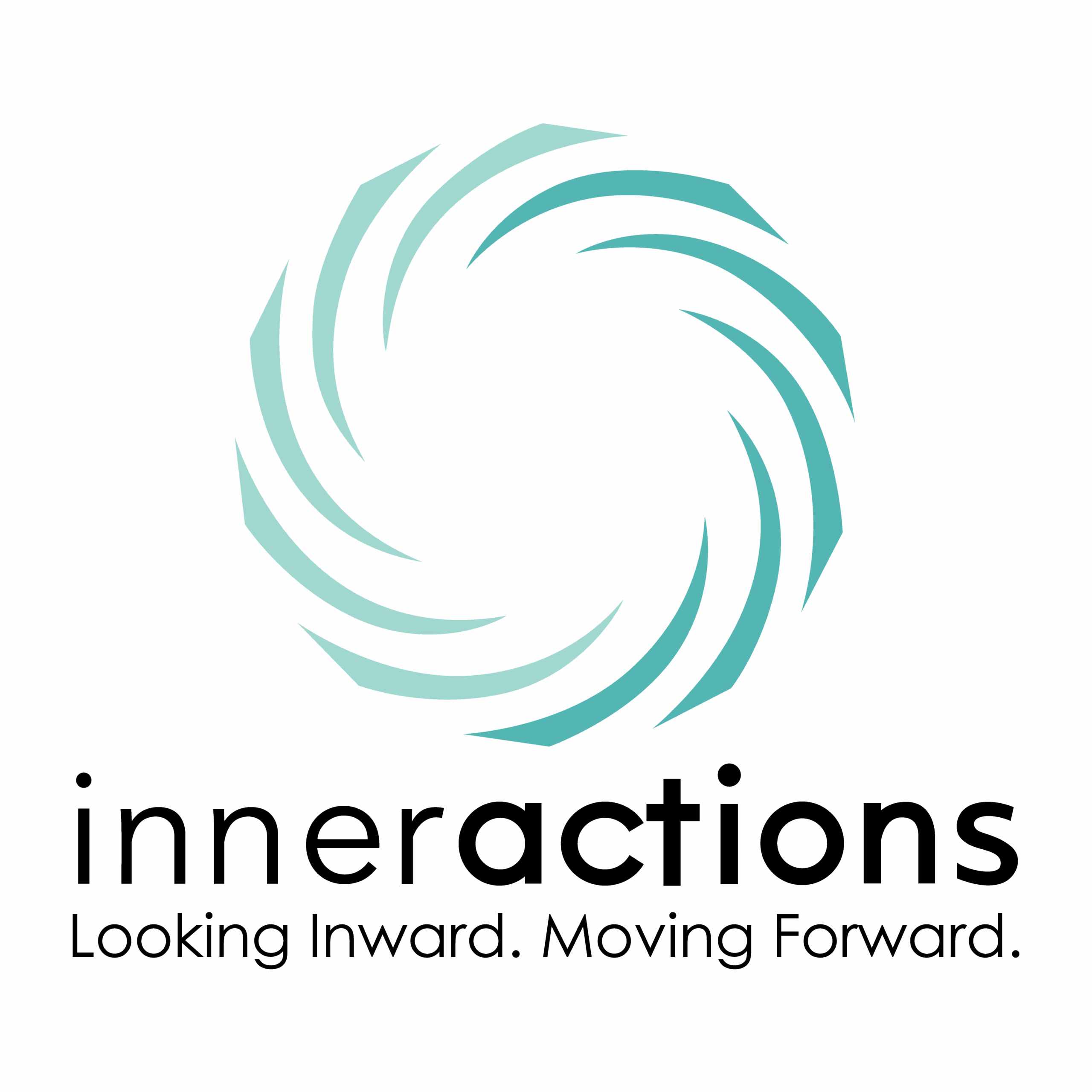When you picture what rehab is like in your mind, what do you see?
Maybe an addict lying on a couch with a therapist listening and asking questions? Perhaps a group of people sitting in a small circle of chairs together and talking?
Pretty stereotypical scenes and also not far off.
Individual and group therapy for drug addiction are both hallmarks of the process for a reason. In a moment we’ll get into why group therapy, in particular, is so important.
Signs and Symptoms of Addiction
But first, what does addiction look like?
A substance use disorder isn’t something that manifests and takes hold overnight. There are common signs and symptoms along the way that begin to paint the picture early.
Generally speaking, here’s what you should be looking out for:
- Using more than prescribed or intended or taking drugs longer
- Can’t stop or cut back even though an effort is being made
- Spending considerable time getting, using, and recovering from drugs
- Intense cravings
- Work, school, and family obligations aren’t being met
- Using despite the obvious problems it’s causing to personal relationships
- Finding yourself in increasingly more dangerous situations
- Developing a tolerance and needing to take larger doses for the same effect
- Experiencing withdrawal symptoms when not using
- Mood swings and irritability
- Changes in sleep patterns
- Shift in weight
Of course, different drugs have differing signs of addiction but the above can usually be seen across the board.
How Group Therapy for Drug Addiction Will Help You Recover
Now that you know what addiction can look like, what’s the added benefit of group therapy to your recovery journey.
Knowing you aren’t alone
Drug use and addiction are incredibly isolating. You might use in a group but once you stop, those people disappear and your addiction may have alienated your close family and friends. Loneliness and depression can set in. Group therapy shows you that you’re not alone and that others have gone through the same.
Support system
Because you’re in the company of people who’ve been there, you have a unique support system of people who really can support you from a place of genuine understanding. It’s easy for anyone to say “I get it” but those words mean a lot more when they come from someone who’s walked in your shoes.
Develop skills learned in counseling
In individual therapy, you work on several things en route to a sober life. One of those is coping mechanisms. In group therapy, you can talk those through and sharpen your understanding. Also, addiction isn’t known for working wonders on your communications skills, being in group setting forces you to hone those people skills.
Build community
Naturally, once you finish your rehab program, you shouldn’t go directly back to the same group of friends you hung out with before who continue to do drugs. You don’t want to let temptation get the best of you or find yourself in a triggering situation that leads to a relapse. In group therapy, you can build a new community of friends and acquaintances that you can stay connected with long after the therapy ends. Having those types of people in your life helps with accountability too.
Inspirational environment
Among the best aspects of group therapy is that you’ll likely find yourself in a group where people are at different points of their recovery. Those that are farther along than you can serve as an inspiration for you to strive towards. Likewise, you can be that for someone else.
There are plenty of other reasons why group therapy is often considered an integral part of the recovery process, we surely think so here at Inneractions. If you’d like to learn more about our group session, give us a shout.


